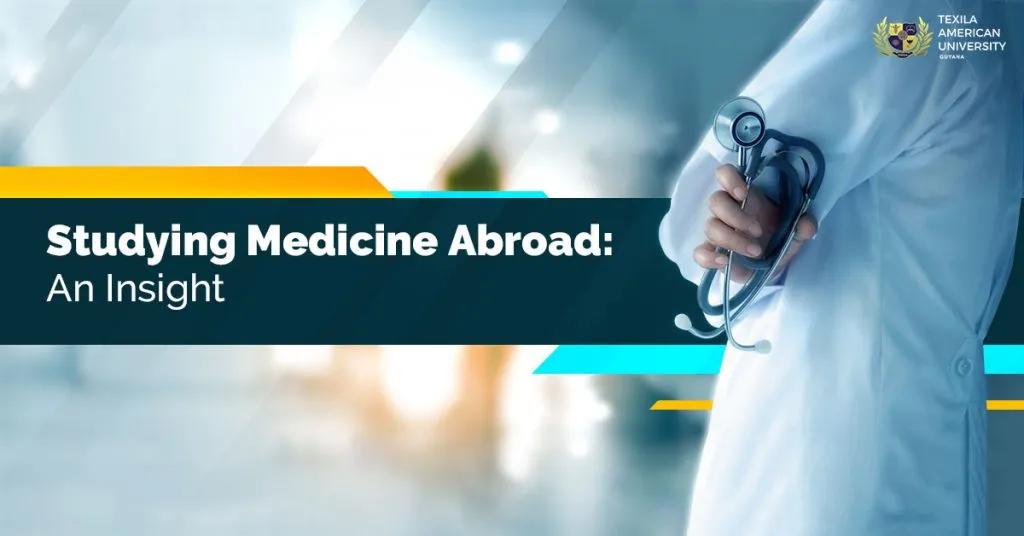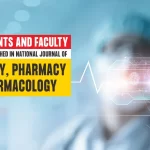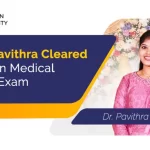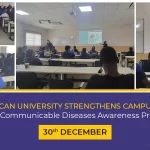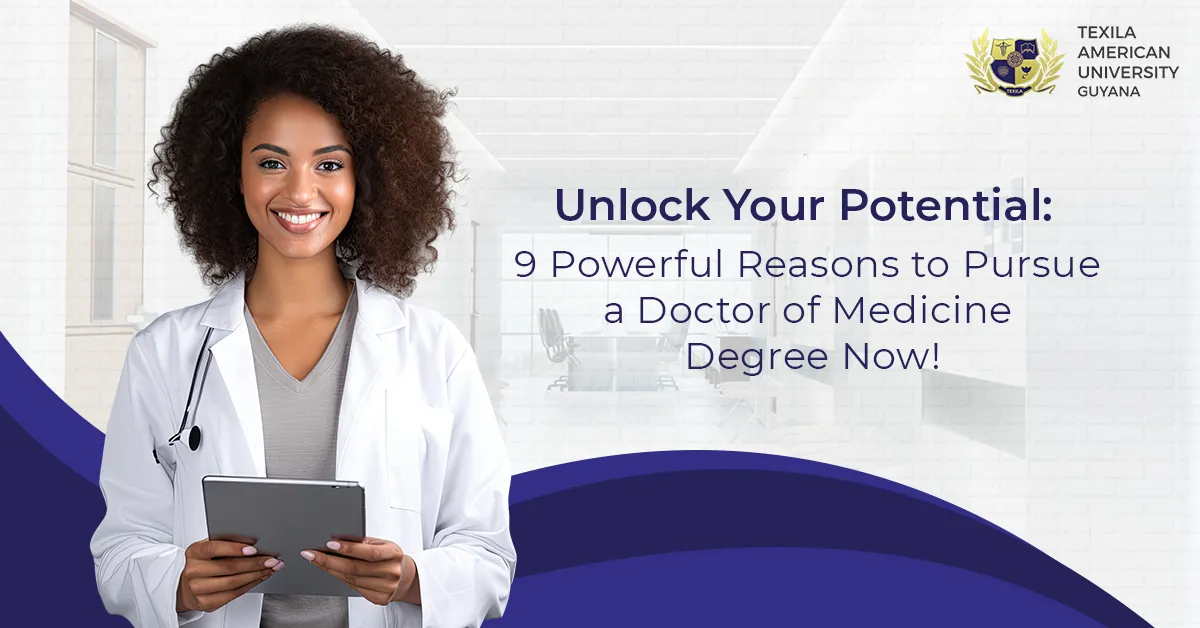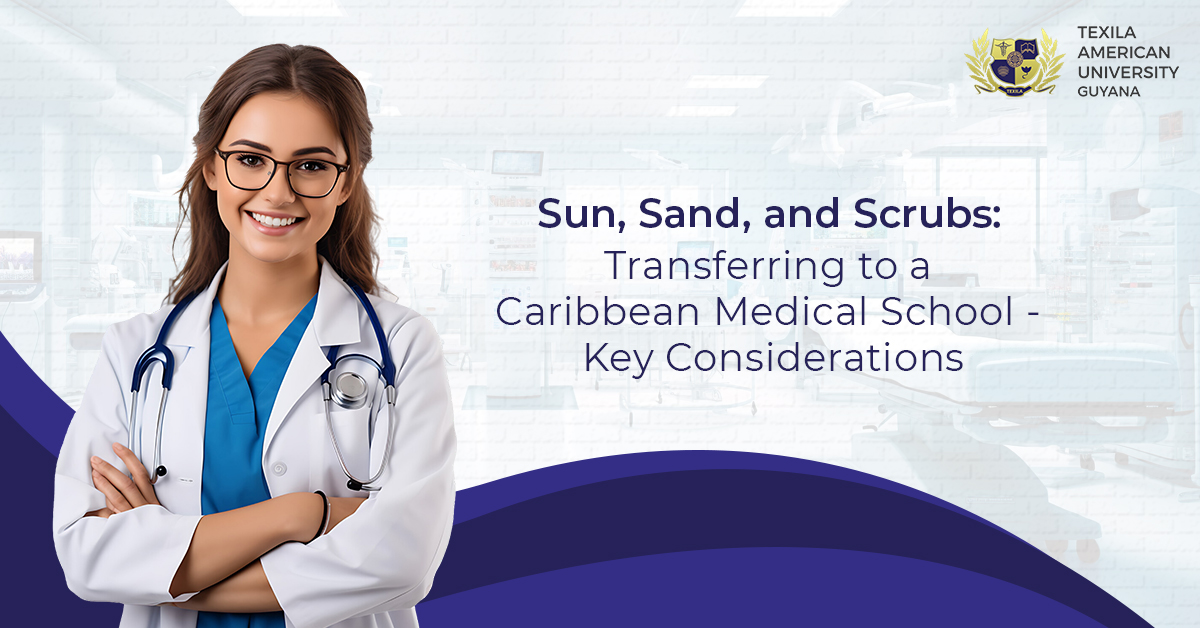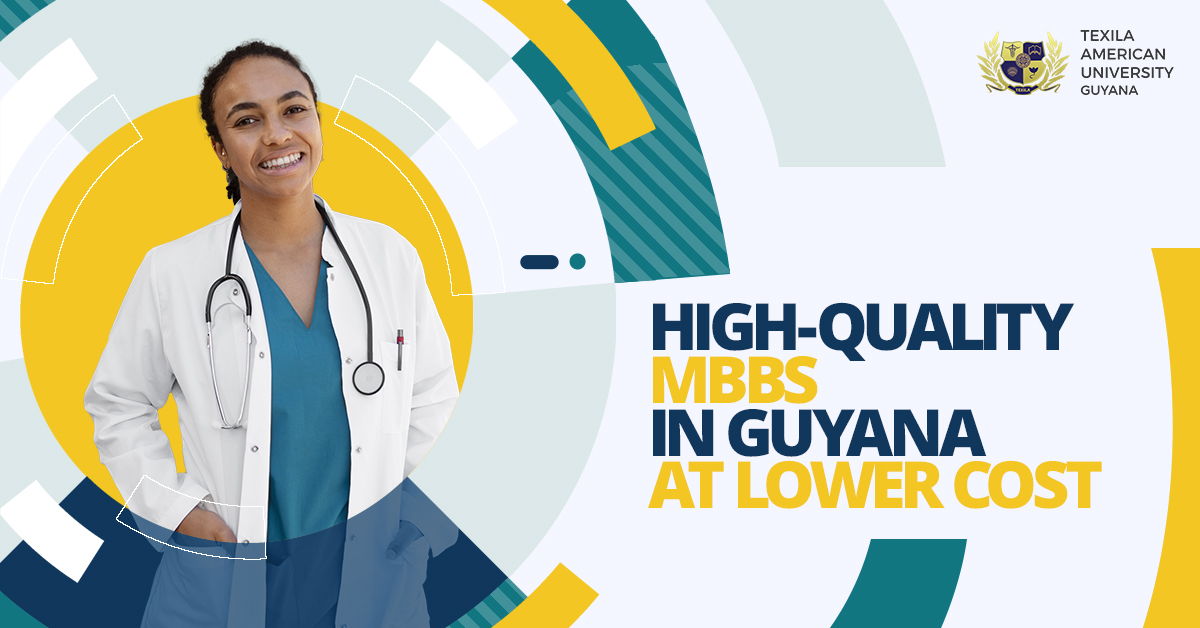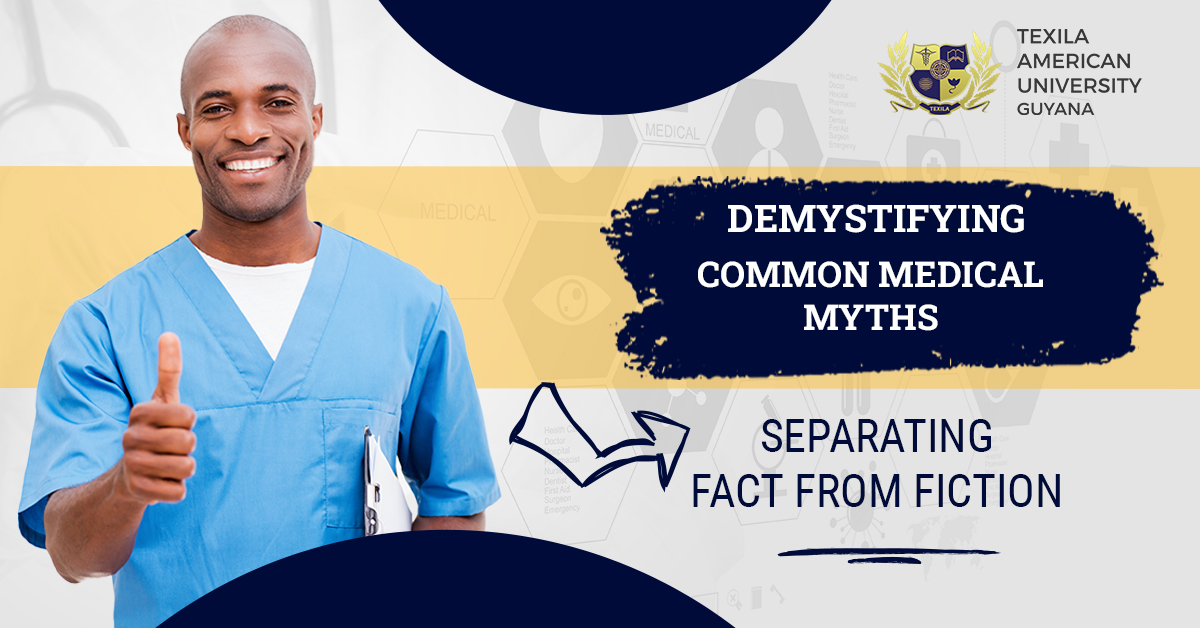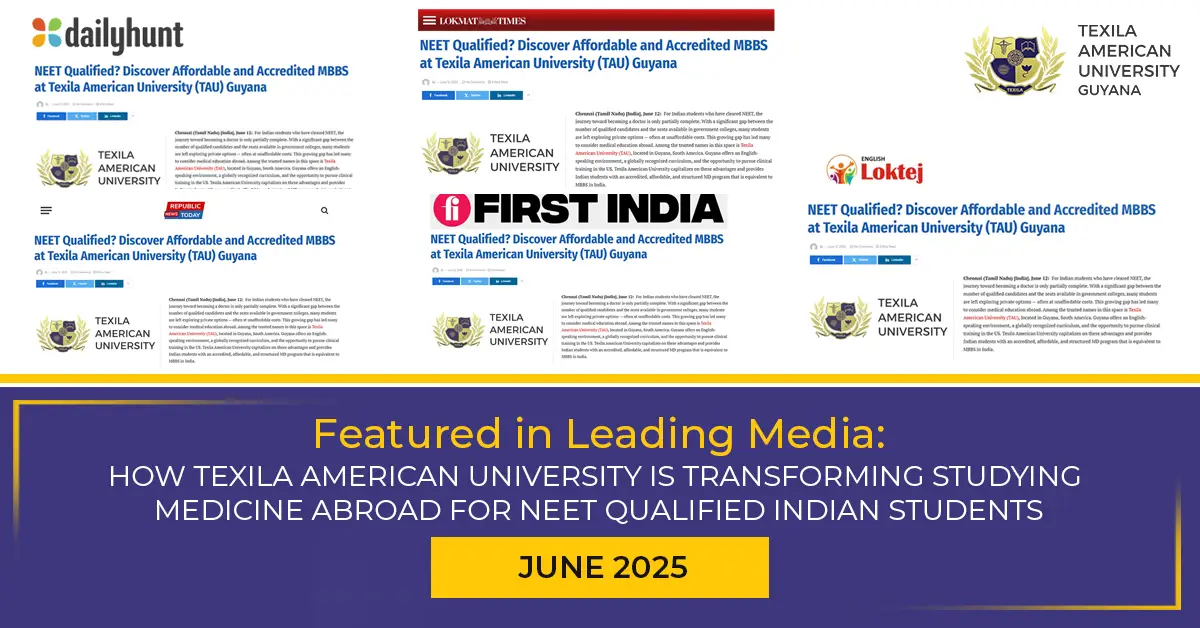This blog guide offers a comprehensive overview of the premedical requirements and preparation for the MCAT, aiming to provide an edge in gaining North American Medical Schools admission for American students. It covers various topics such as the application process, advice on applying and preparing, crafting a personal statement, and more. By understanding the prerequisites for medical school, their significance, and how to meet them, future medical students can enhance their chances of securing a spot in highly ranked institutions. The guide emphasizes the importance of a strong GPA, impressive MCAT scores, and successful interviews as key factors for admission to top medical schools.
- North American Medical Schools GPA and MCAT Requirements
- Medical School Prerequisites and Extracurricular Activities
- A Guide To Completing Premedical Requirements, Performing Well In Premedicine Classes, And Getting Ready For The MCAT
- Research Experience Is Essential To Study Medicine Abroad
- Experience In Clinical And Community Experience Is Frequently Anticipated.
- Become A Doctor Now!
Admissions to medical school abroad are intensely competitive, and proper planning is required prior to submitting the application. Even though it seems overwhelming, staying organized, focused, and hardworking can help you achieve your goals.
Are you a person looking to learn about medical school admission requirements in North America including many Caribbean medical schools? If you are looking forward to studying medicine abroad in North America, this article will give you the information assisting in making decisions. Let us discuss the academic, scholarly, and extracurricular needs of U.S. and Caribbean medical students.
North American Medical Schools GPA and MCAT Requirements
- For individuals with weak grades and low test scores, studying medicine abroad can be challenging. Students at ranked medical schools that reported GPAs for fall 2019 first-year students were an average of 3.75. Additionally, for fall 2019 first-year students at schools that reported MCAT scores, the average MCAT score was 512, with a maximum score of 528. MCAT test-takers between 2016 and 2018 scored in the 85th percentile, as reported by the Association of American Medical Colleges. AAMC, which administers and develops the test.
- Most medical schools require a 3.0 college GPA, as well as science grades. According to Baker, applicants with low grades in pre-med science classes can overcome the issue by taking graduate-level science courses to score high grades. Those hoping to get into MBBS abroad admission with substandard MCAT scores may have trouble convincing med school admissions officers not to consider those scores, although they might do so.
Medical School Prerequisites and Extracurricular Activities
Students applying to medical schools may be required to take college courses in the following disciplines:
- English
- General chemistry
- Organic chemistry
- Biochemistry
- Biology
- Physics
- Psychology
- Genetics
- Calculus
According to Baker, medical school admissions officials consider the applicants who take pre-med courses are considered more than four-year undergraduates. Baker stresses that prospective students need to research the prerequisite classes for any particular medical school before applying.
A recent study indicated that aspiring doctors must take prerequisite courses to study doctor of medicine. Few people prefer doing the post-bac program, but it is a bit expensive and time-consuming. Pre-med students must regularly meet the undergraduate academic advisor to know whether they are on the right track of prerequisite courses.
Anastasiou added a note that many students commit the mistake of not completing prerequisite science courses before getting admitted into the doctor of medicine. At the same time, non-science major students must plan as their majors do not include the science subjects like physics, chemistry, and biology.
It is essential to take these subjects to have a solid background before going into the MCAT. If you plan on applying to a school that offers rolling admission or early admission, your MCAT score is preferable to apply.
A Guide To Completing Premedical Requirements, Performing Well In Premedicine Classes, And Getting Ready For The MCAT
- The majority of pre-med students are not aware of the mandatory undergraduate courses to study medicine abroad. Always have a regular look at the medical school websites. It will assist you to understand the prerequisites of the doctor of medicine course.
- Medical School Admission Requirements, or MSAR, is an online database provided by the American Association of Medical Colleges that offers information on med school prerequisites.
- Dr. Daphne Calmes, associate dean of medical student affairs with the Charles R. Drew University of Medicine and Science in Los Angeles, advises medical school applicants to check with their schools in case of any doubt that a particular undergraduate course would satisfy their requirements.
- Calmes says that even though medical schools generally do not require English and writing classes, students who take these courses will be better prepared for medical school, stressing the importance of aspiring physicians having strong communication skills. Calmes suggests that pre-med students benefit from ethical courses. Students learn to analyze moral dilemmas that usually occur in medical practice.
- In addition to the basic prerequisites, upper-division science courses are valuable, especially directly connected to medicine, such as genetics, Calmes says. Public health or health policy courses are also beneficial to pre-meds as they provide insight into health care disparities and healthcare access, adds Calmes.
- According to Calmes, pre-meds should select a college major they are passionate about and can succeed in. Always choose a major which you love to learn which will help you get the best things. Medical schools also appreciate students with exceptional skills in their respective academic domains.
- To compete for admission to medical school, students must earn high grades in their majors. Calmes recommends students select a subject that is both interesting and well-suited to them. An applicant to medical school could benefit from taking a health care administration, business, or public health course. According to Patel, the coursework will help students understand how health care organizations operate.
- Epidemiology study focuses on the disease spreading throughout the population. It also teaches the methodologies that increase the health of the population. In this way, it assists in medical school admission, says Patel.
- Based on the above-discussed topics, you can increase your chances of getting admitted into an M.D. program. It is often required to memorize facts in pre-med science courses. Studying by reading notes is an effective way for students to prepare for their tests, explains Patel. To learn about the topics they study, he recommends that students must look through multiple sources. Besides going over class notes, he suggests students look at textbooks, teacher slides, and encyclopedias. This technique is considered more effective than the brute force repetition approach.
- A class on biochemistry is imperative for those preparing for the MCAT, says Petros Minasi, senior director of pre-health programs with Kaplan Test Prep. As Minasi points out, behavioral sciences, including sociology and psychology, are covered in the MCAT. To learn these topics independently, he recommends premedical students take college courses.
- The MCAT assessments are part of pre-med classes. To absorb the information effectively, Minasi recommends that the students devote more time and energy to these topics. Furthermore, due to the high number of prerequisite classes for medical school, Minasi recommends that study medicine abroad students start their medical courses when they are still undergraduate students. MCAT measures content knowledge, Minasi advises students to spend some time reviewing the subjects covered on the test.
Research Experience Is Essential To Study Medicine Abroad
- Baker firmly insists that prior research experience is considered mandatory in prestigious, top-tier medical schools. There are few U.S. medical schools with no research experience that accept the application without research experience. A med school applicant can benefit from pursuing academic research in any field, including laboratory research, clinical research, or fieldwork. Baker believes that doing research would greatly assist the applicants in proving the validity of their findings. Moreover, they can show what they have learned through the research.
Experience In Clinical And Community Experience Is Frequently Anticipated.
- The absence of clinical experience and inadequate community service are the two most significant stumbling blocks to medical school applications, aside from low grades. In Baker’s view, having clinical experience shows that you have basic knowledge of doctors of medicine. It shows that you are well aware of what doctor of medicine course will cover throughout the process. Medical schools do not believe a student without experience to take up a doctor of medicine course, even if he has a keen interest in the subject.
- Clinical experience typically possesses several hundred hours of this kind of experiences, such as medical scribe work or volunteer work in a hospital setting. Medical schools expect a minimum of 50 hours of clinical experience for any applicant. Most medical schools require clinical experience but not every medical school expects service experience. As medical professionals often help vulnerable people and empathize with them.
The Timing Of Applications Is Crucial!
North American Medical Schools admission experts say that medical schools review the applications on a rolling basis. So applying earlier will assist you to get the admission acceptance. Earlier is always better than late in the application process, says Dr. Eric Rafla-Yuan, a professor of community psychiatry at the University of California-San Diego. Rafla-Yuan says that the same application may get accepted early on in the admissions process could get rejected later.
Primary And Secondary Applications Are Usually Necessary
- North American Medical Schools process the student application for doctor of medicine based on the recommendation letters and personal statements. Most schools ask students to complete a secondary application. This application would contain questions and an institution-specific essay to check the student’s skills.
- Bakker says people tend to complete secondary applications in a rush. Consequently, the quality of these applications is not as high as primary applications. Generally, the information in the second application influences the admission than the first one.
Become A Doctor Now!
- The process of getting admitted into North American Medical Schools is probably the most challenging part of your journey. There is no surprise that most of the students get stuck during the application process. Keep in mind that you are not the only person to face the challenge.
- Many students in your situation are unaware of the various hurdles you have to jump through to gain an M.D. degree. Getting stuck is mainly due to a lack of understanding about the different obstacles before entering medical school.

